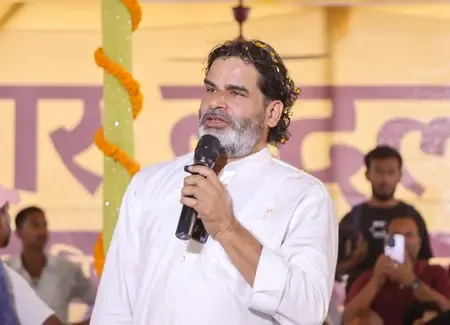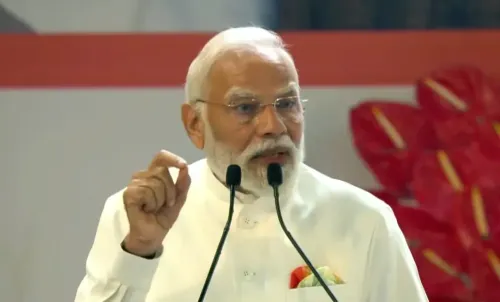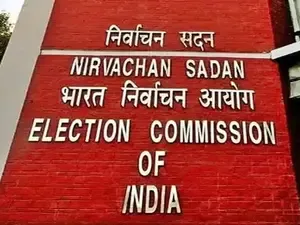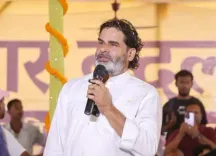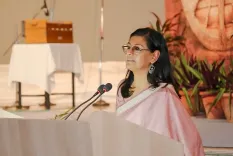Gujarat government extends deadline for public input on Uniform Civil Code to April 15
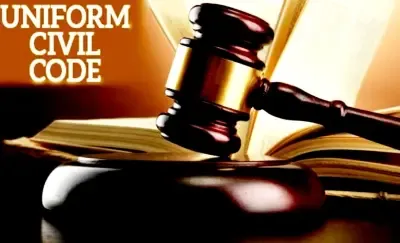
Synopsis
Key Takeaways
- The deadline for public suggestions on UCC is now April 15, 2025.
- The UCC aims to unify civil laws for all citizens.
- Input is sought from various stakeholders including citizens, NGOs, and political parties.
- Submissions can be made online or via mail.
- The UCC debate has historical roots dating back to pre-Independence India.
Gandhinagar, March 19 (NationPress) The Uniform Civil Code (UCC) Committee Chairperson, Justice Ranjana Desai, has called upon the citizens of Gujarat to share their suggestions and feedback regarding the proposed UCC in the state.
The submission deadline, initially scheduled for March 24, 2025, has been extended to April 15, 2025, providing additional time for public engagement.
The Gujarat government established the UCC Committee to evaluate the necessity of introducing the UCC within the state.
This committee is tasked with reviewing the current personal laws that regulate civil matters for the residents of Gujarat.
Based on its assessments, the committee will recommend a legal framework to facilitate the implementation of the UCC.
In order to ensure a thorough evaluation of all pertinent issues, the committee is inviting input from Gujarat's citizens, government bodies, non-governmental organizations, social groups, religious institutions, and political entities.
Individuals and organizations can submit their perspectives through the official web portal https://uccgujarat.in/, via email at ucc@gujarat.gov.in, or by mailing written submissions to Block No. 1, A-Wing, Sixth Floor, Karmayogi Bhavan, Sector-10A, Gandhinagar by April 15, 2025.
The UCC aims to create a unified set of civil laws applicable to all citizens, regardless of religion, caste, or gender, encompassing issues such as marriage, divorce, inheritance, and adoption.
Article 44 of the Indian Constitution advocates for the establishment of a UCC to foster uniformity in civil laws throughout the nation.
This topic has sparked extensive debate, with proponents arguing that it promotes equality and justice, while opponents highlight the importance of honoring religious and cultural diversity.
The discussion around the UCC has its roots in the pre-Independence period.
The British colonial regime upheld different personal laws for various religious communities, a practice that persisted post-Independence.
During the formation of the Constitution, leaders such as B.R. Ambedkar championed a common civil code to enhance national integration and gender equality.
However, opposition from religious factions and the complex socio-political landscape of post-Independence India led to the postponement of UCC implementation.

